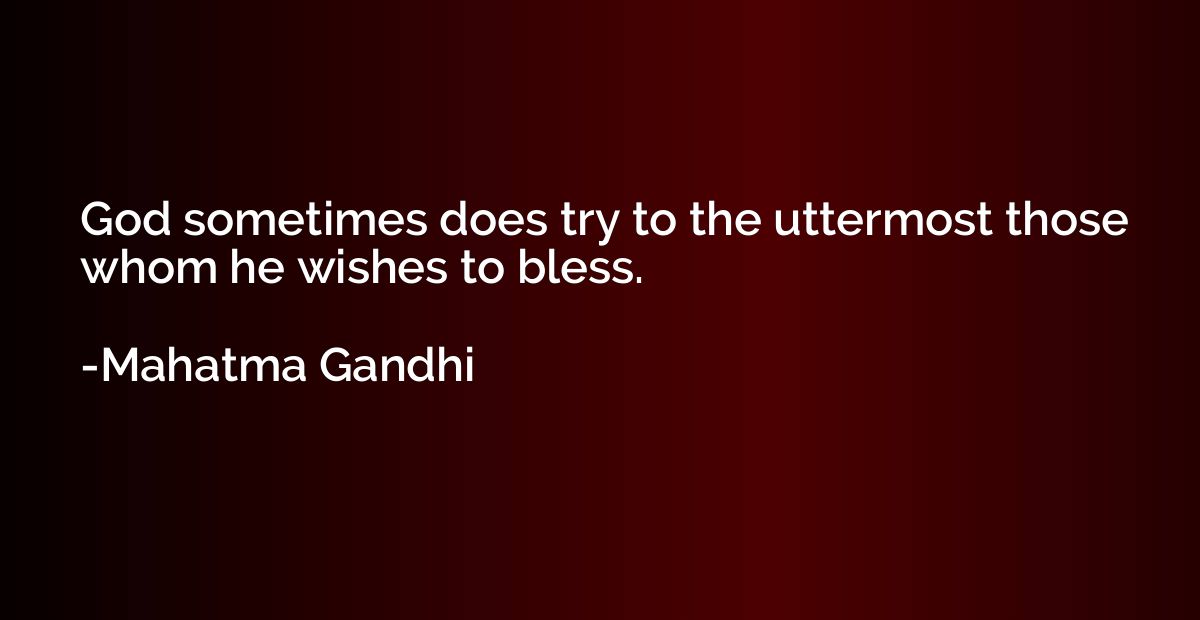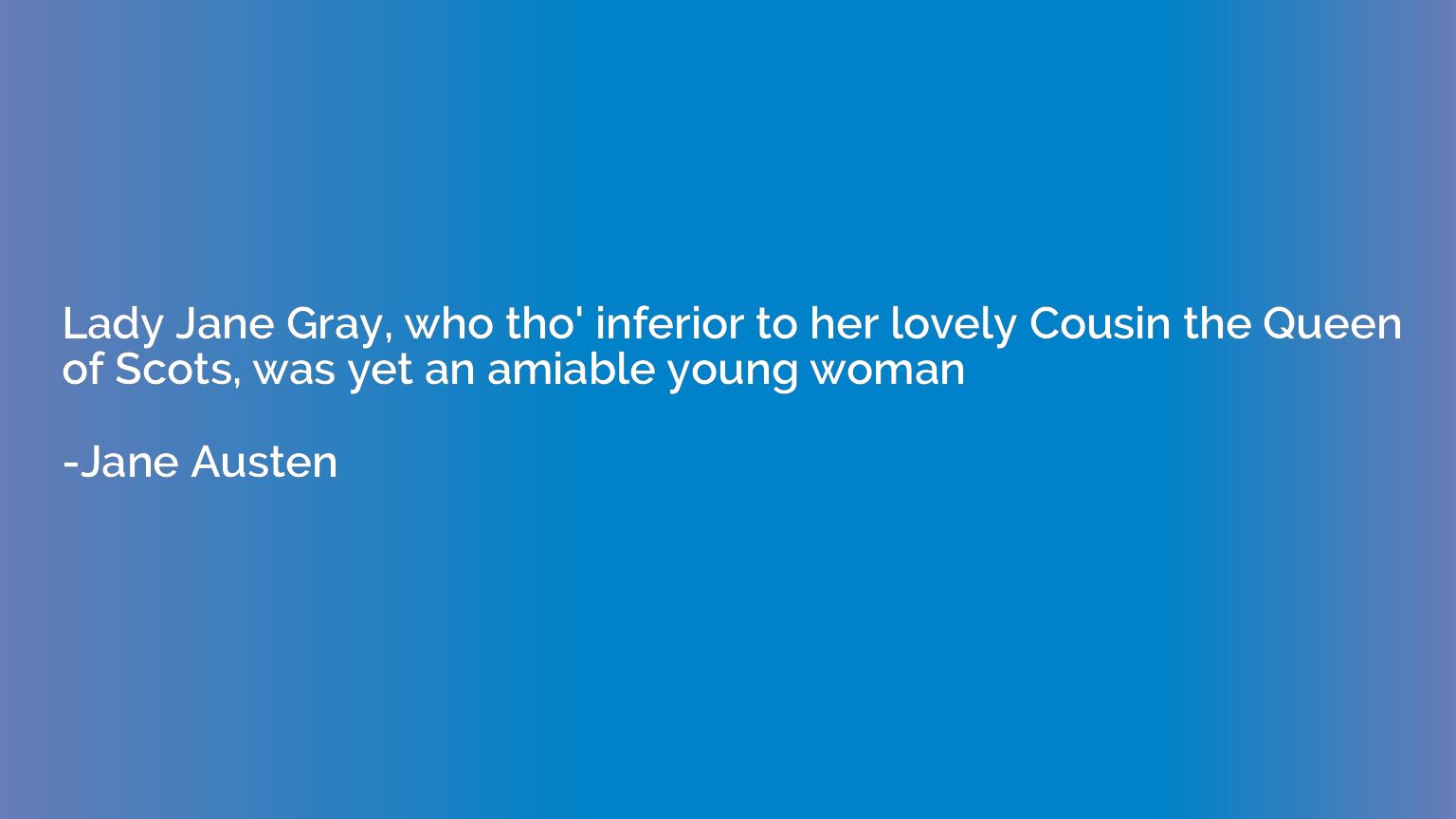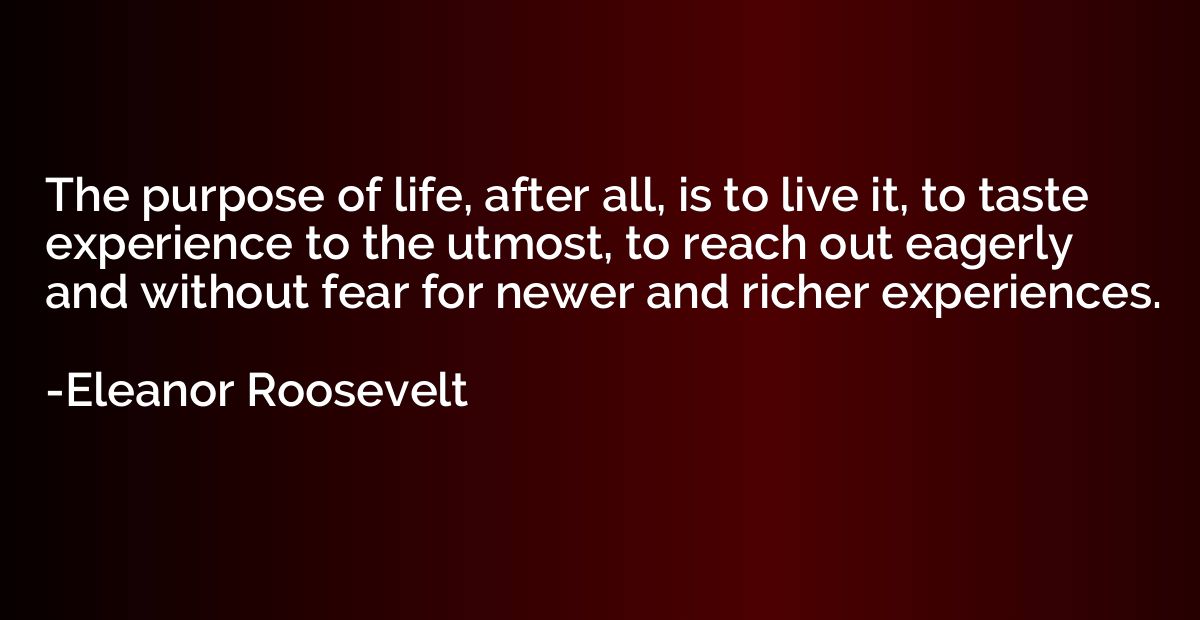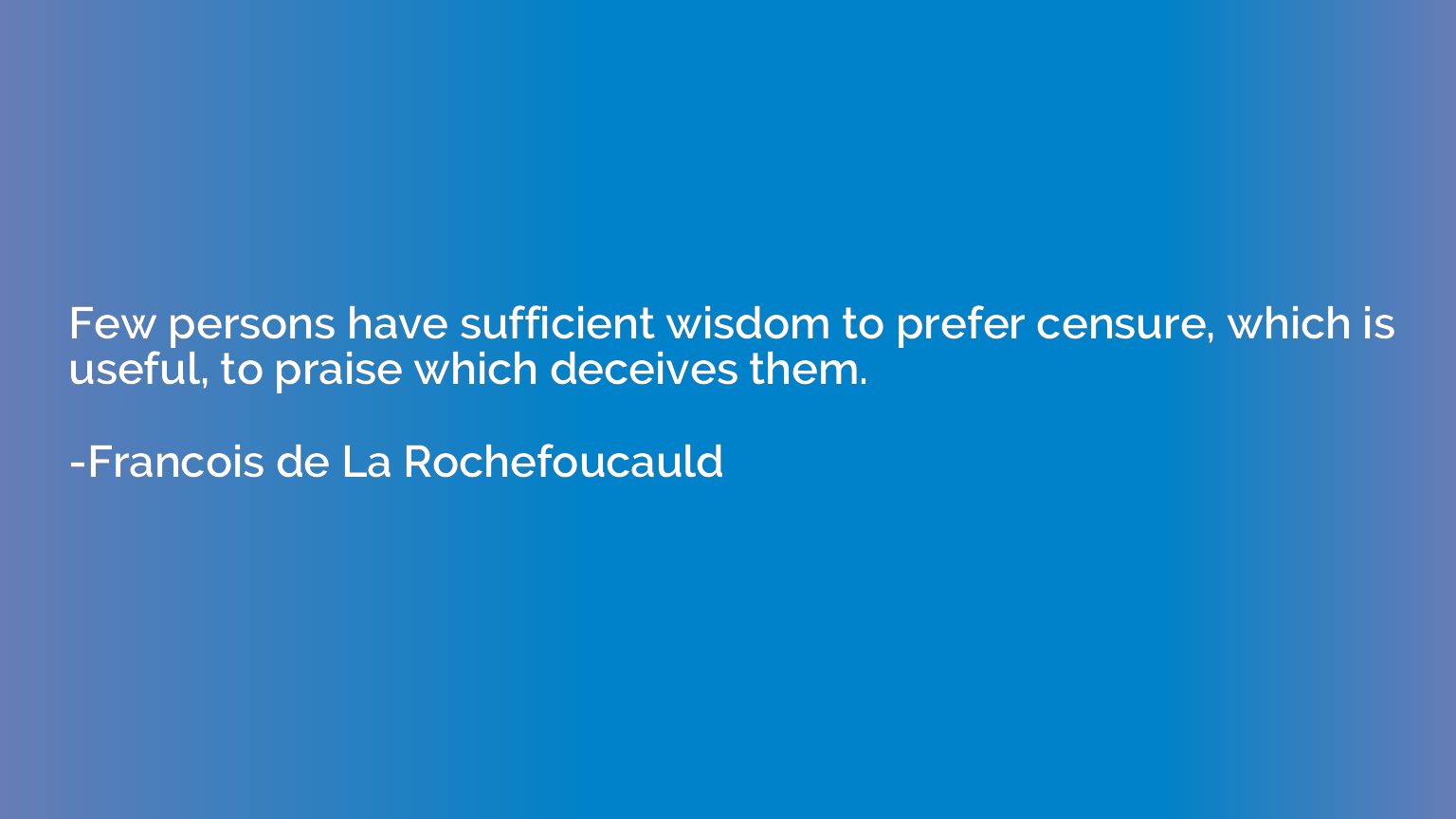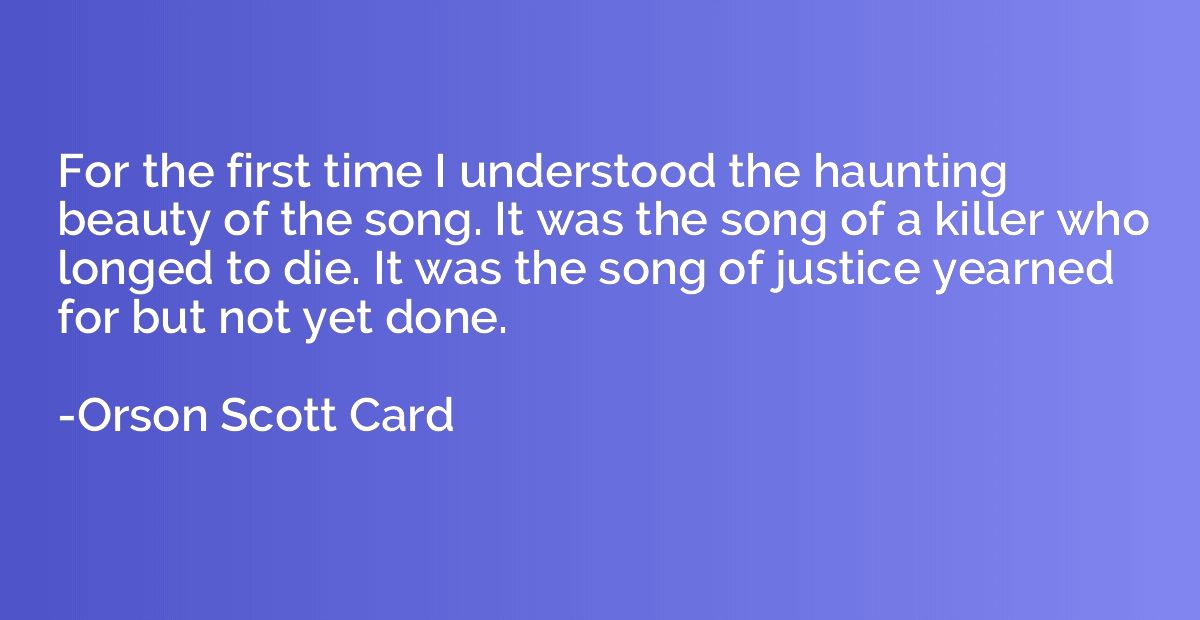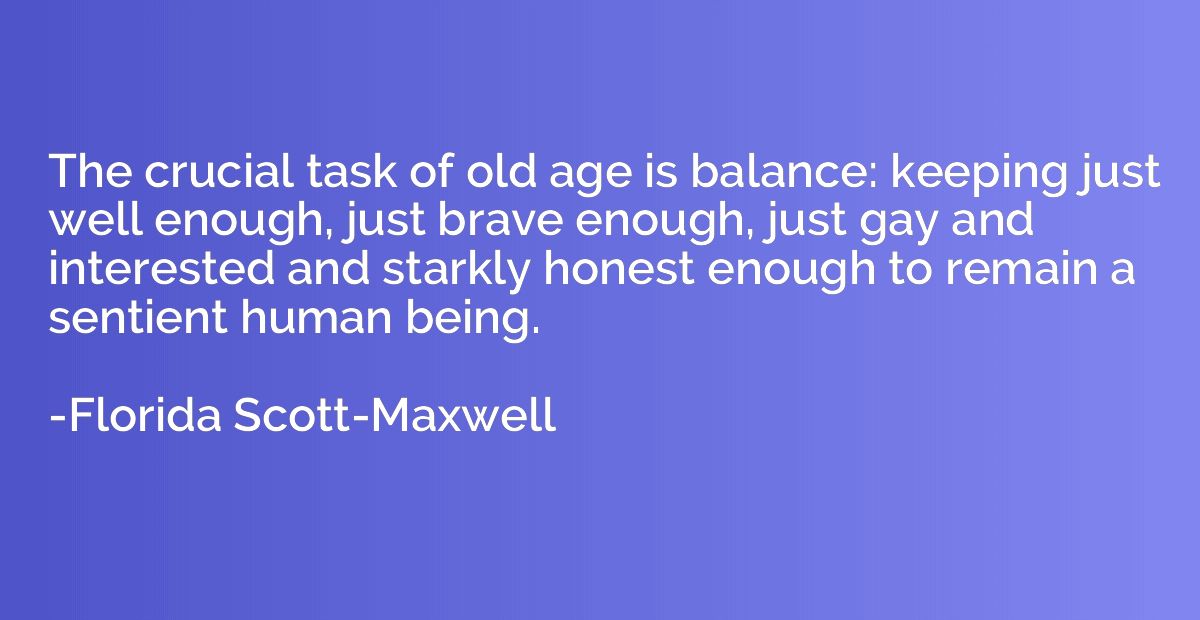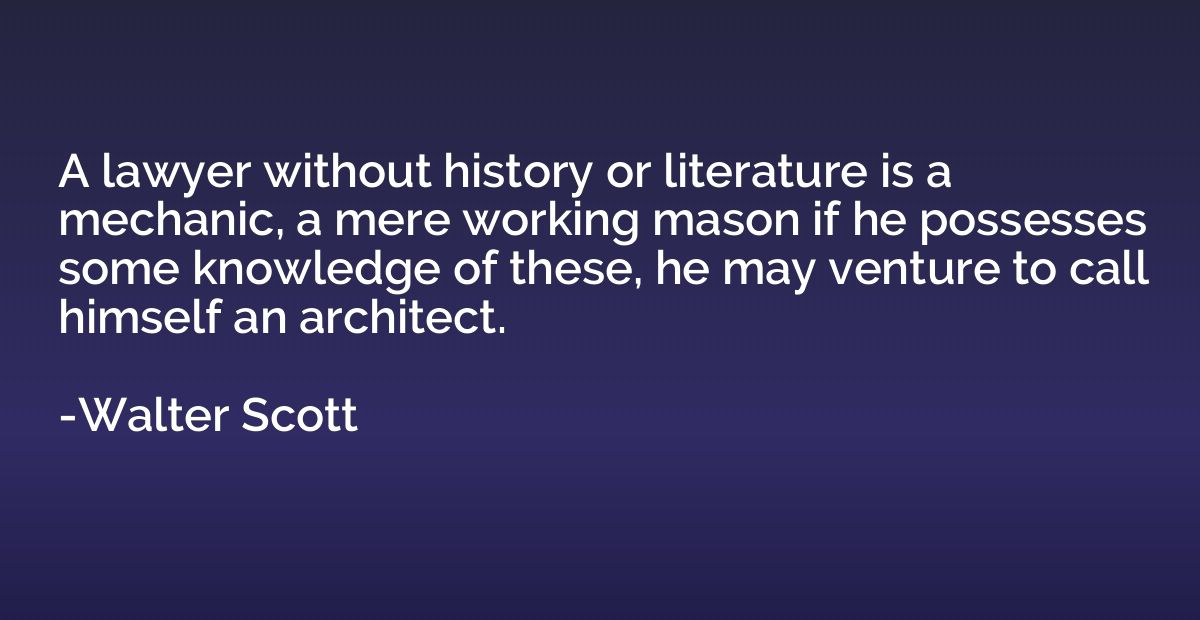Quote by Henri Frederic Amiel
Our true history is scarcely ever deciphered by others. The chief part of the drama is a monologue, or rather an intimate debate between God, our conscience, and ourselves. Tears, grieves, depressions, disappointments, irritations, good and evil thoughts, decisions, uncertainties, deliberations --all these belong to our secret, and are almost all incommunicable and intransmissible, even when we try to speak of them, and even when we write them down.
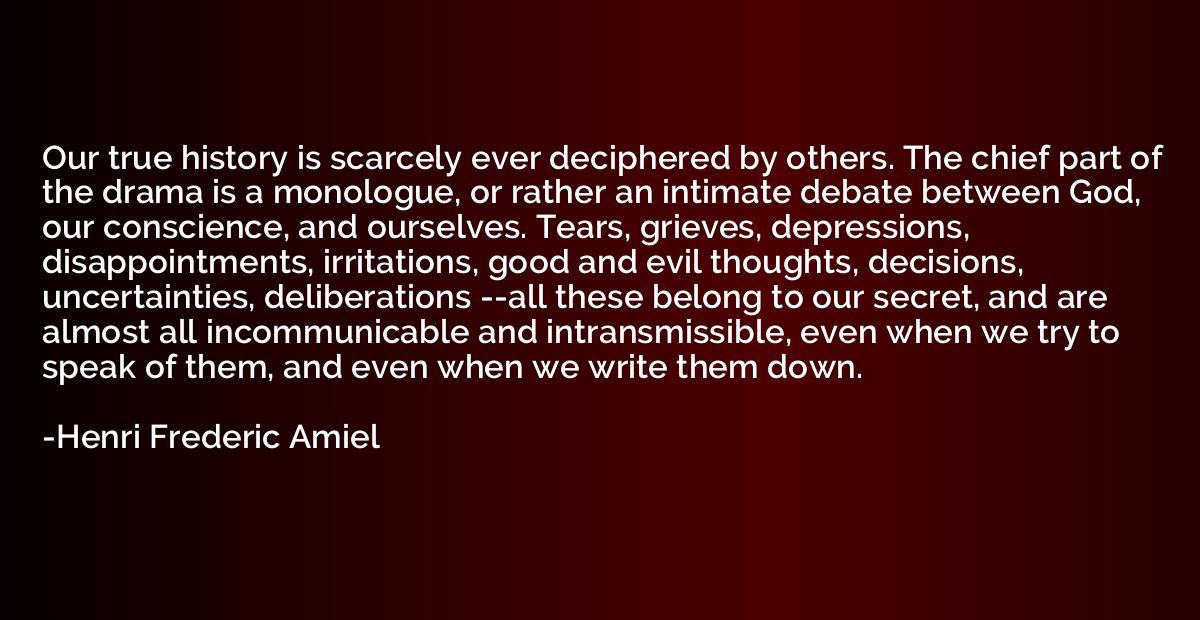
Summary
This quote emphasizes the private nature of our personal experiences and inner conflicts. It suggests that the true essence of our lives remains undisclosed to others, and that the most significant parts of our journey are the internal dialogues we have with ourselves and our conscience, as well as with a higher power. The quote also highlights the complexity of human emotions and thoughts, indicating that while we may attempt to express them through language, they often remain incomprehensible and unreproducible to others, even on paper.



